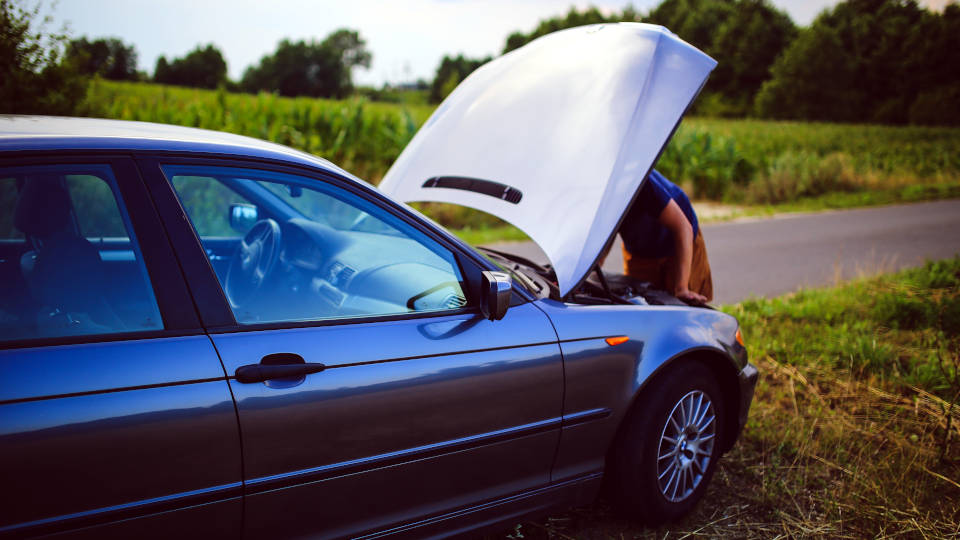Should I Repair Or Just Sell My Car?
Published on:
The older your car gets, the higher the maintenance expenses as more costly repairs are needed. When does it make sense to stop repairing your old car and buy a new(er) one?

1. Review your car maintenance history. Is the maintenance cost adding up to the point that it's costing you as much as the car is worth? As our cars age, they require bigger and more expensive repairs.
2. Check the car reliability guidelines such as the ones from Consumer Reports to see if your is expected to cost you more in repairs in the near future.
3. Book an appointment with us to have our mechanics look over your car and give you an estimate of what repairs will be needed over the next year and the general condition of your vehicle. While we can't predict everything that is going to break in any particular vehicle, we can spot looming problems and give you advice and an estimate of what maintaining an ageing car will cost.
4. Consider the reliability of your car - the risks of having an unexpected breakdown are higher. If you have a tow service like CAA or Castrol Roadside Assistance, then it may be not a problem, but otherwise you are looking to spend additional money in towing services - which can get really expensive for longer distance trips such as when your car breaks down on the highway.
5. Consider the safety of your car. Today's cars come equipped with additional safety standards such as improved airbags; better sensors, breaks and handling; blind spot sensors and rear view cameras; and various collision alerts.
6. Consider opening a savings account for your car maintenance and set aside $100-200 on a monthly basis if you can. Overtime you can use this money on regular and unexpected maintenance of your car, and if you don't use it, you'll have some money set aside to buy a new car.